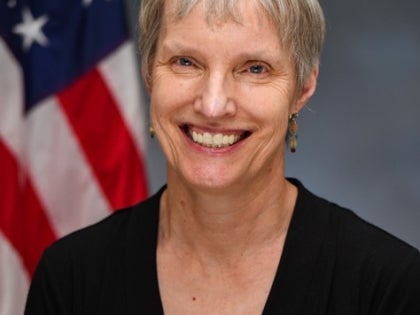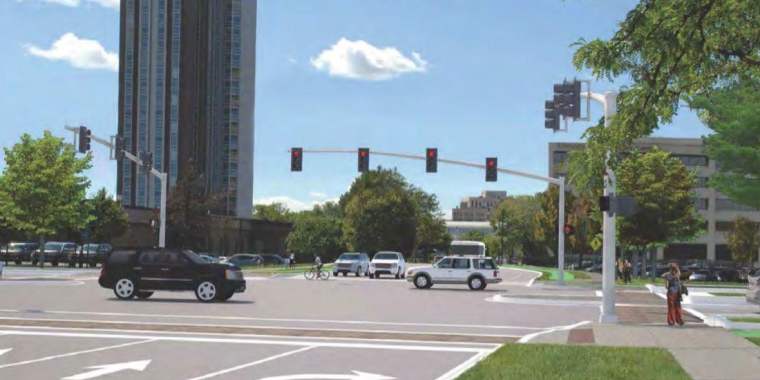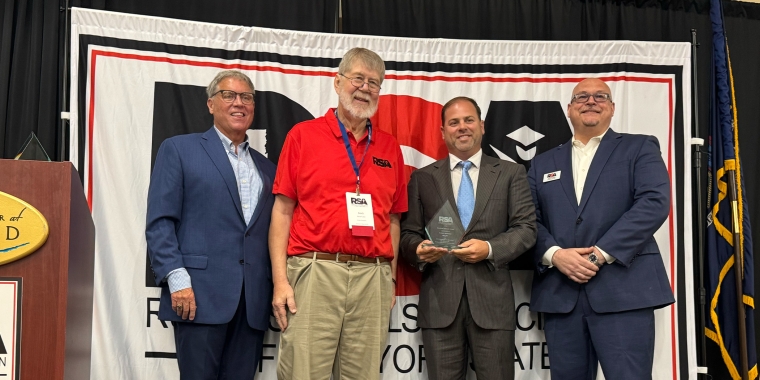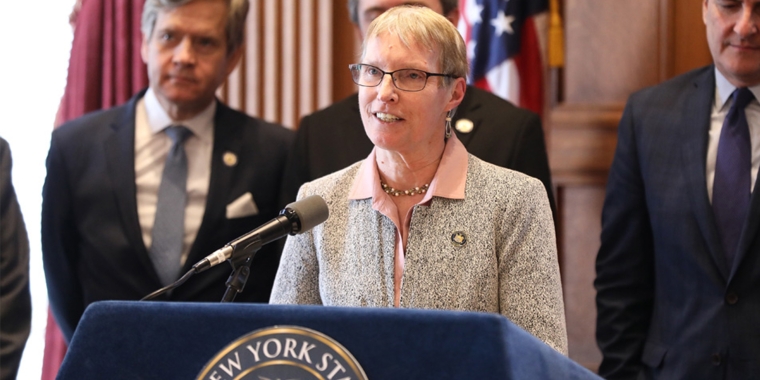
NY's Green Amendment shouldn't be a cynical tool

“Each person shall have a right to clean air and water, and a healthful environment.” In 2020, the voters of New York State chose overwhelmingly to add this simple but potent statement, known as the Green Amendment, to the state’s constitution.
As a small part of their frivolous lawsuit, “Renew 81 for All” cites the Green Amendment to support its argument for stopping the community grid project from moving forward in Syracuse. As the courts consider the amendment’s meaning in this and future cases, it is worth considering what the legislature intended when we sent this amendment to the voters for their approval.
As a legislator, I voted to place it on the ballot both to affirm our values as a state that aims at a high quality of life for all, and to create opportunities to address current environmental injustices and shortsighted policies that place the health and wellbeing of future generations in jeopardy.
There are plenty of injustices that should be considered in light of this amendment. Should we take it for granted that many children in the lowest income neighborhoods of Syracuse have elevated blood lead levels? Or that Black and Brown children in New York City have some of the country’s highest rates of hospitalizations and deaths due to asthma? Or should there be legal remedies to relieve the burden these children and their families carry, due to poor air quality and unsafe housing conditions?
Should we allow landfills to offload their wastewater without accounting for "forever chemicals" that might get into the drinking water and cause cancer or hormonal disruptions in the communities that depend on that water? Should our children, and their children, have the right to expect New York State to take measures to protect against killer storms and heat waves, punishing droughts and floods, so that they can envision productive lives in a habitable climate? If we cannot summon the political will to make good on our promises to combat global warming, should they have tools to hold us to those promises?
These are the sorts of systemic, even existential questions the amendment intends to address. The I-81 lawsuit, by contrast, uses the amendment’s language in cynical support of the plaintiffs’ preferred outcome, one that would perpetuate the conditions that have resulted in residents of the I-81 corridor through Syracuse having the highest rates of asthma in our region, not to mention some of the worst concentrated poverty in the nation.
New York is no stranger to leading the way in protecting the environment. In 1894, New Yorkers passed a unique constitutional provision that declares the Adirondacks must be kept forever wild. Over the years, voters have overwhelmingly approved a superfund bond act, the green amendment, and most recently, a new bond act to support climate adaptation and resilience. New Yorkers consistently support a clear agenda: to keep our air, water and soil clean and healthy for future generations. These efforts are not a way to say “not in my backyard.” Rather, they are a demand that the state make visionary choices that will correct past injustices and ensure a more resilient future



